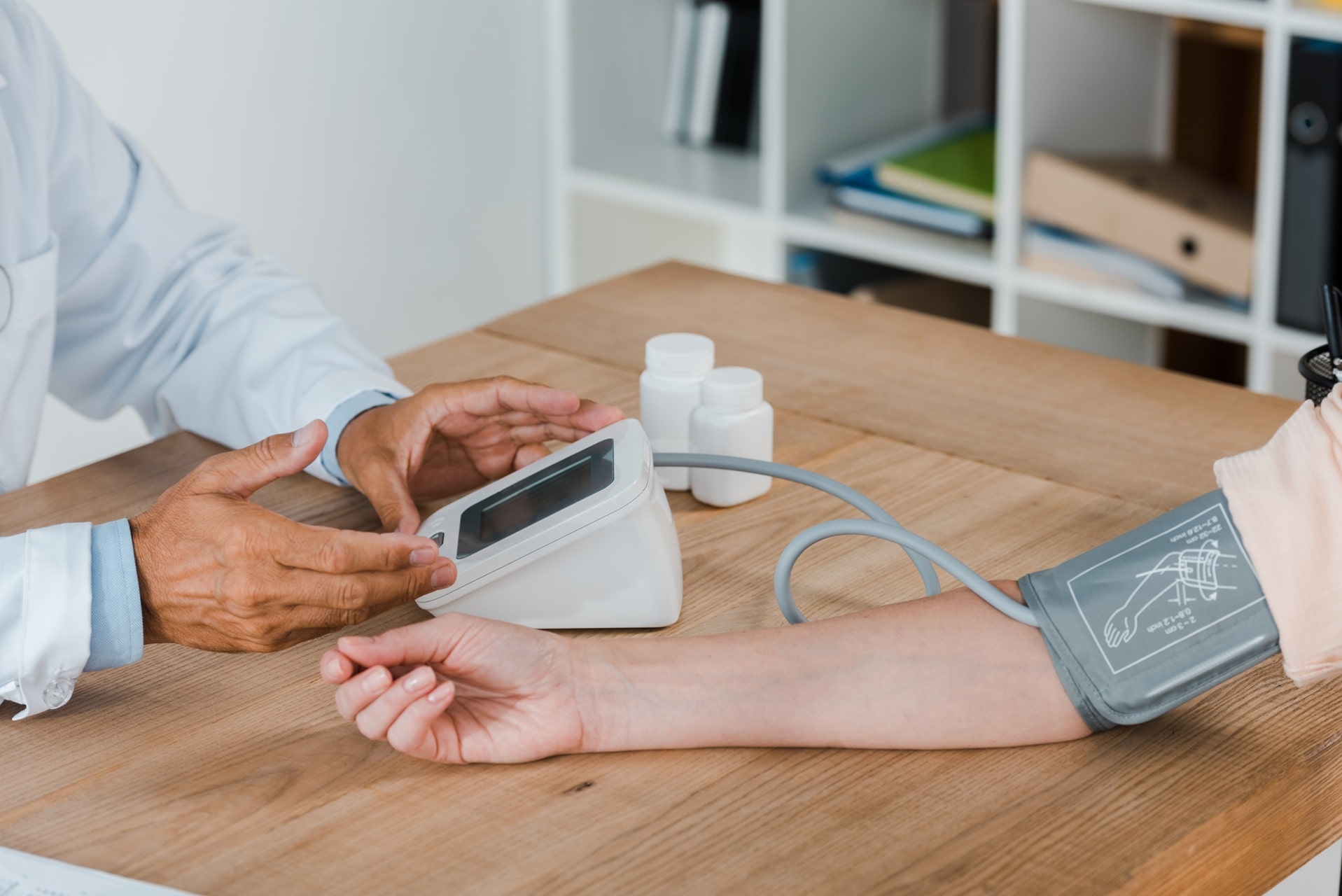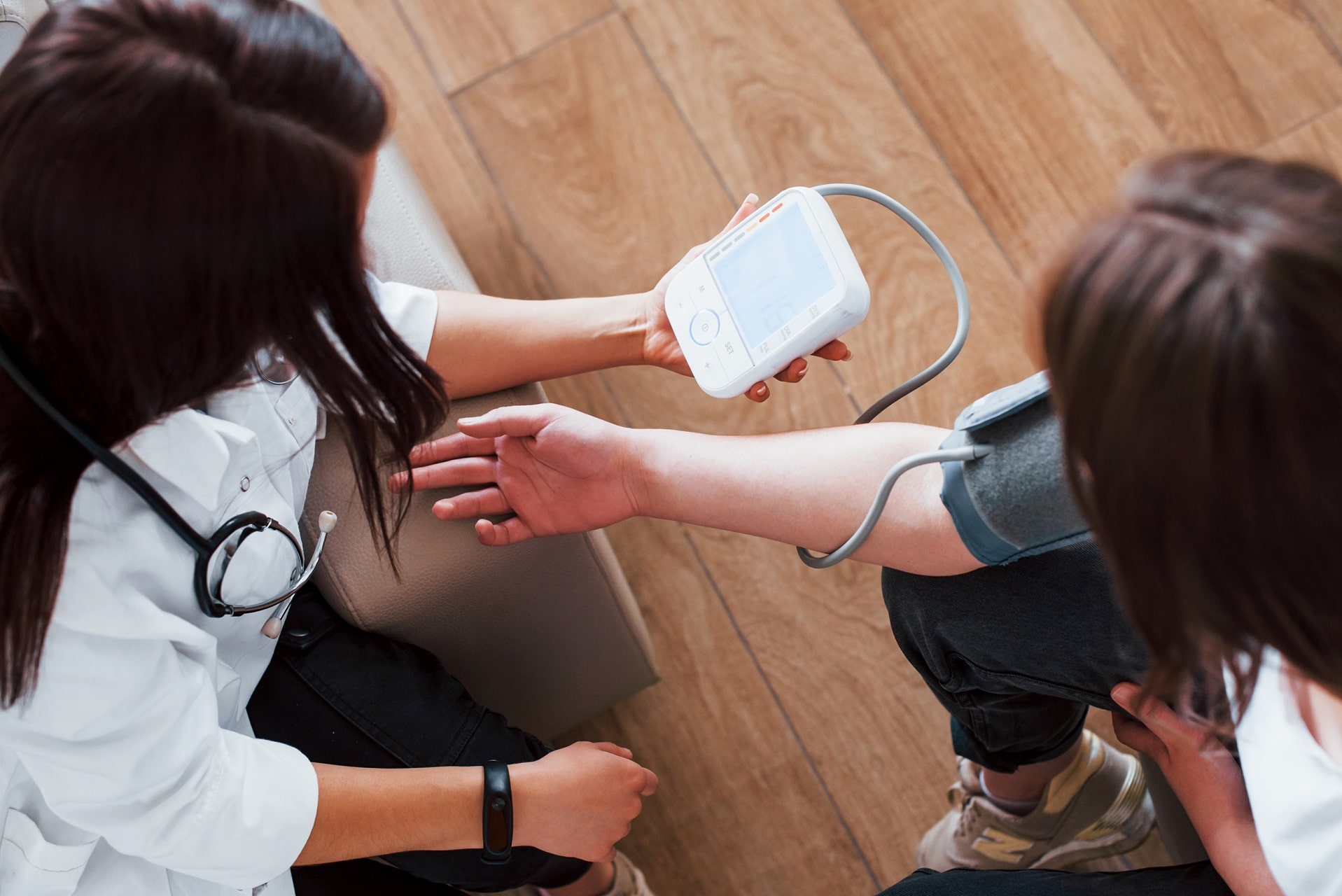What is hypotension?
If hypotension is not very pronounced, it is asymptomatic and not harmful. It is also considered positive because it reduces the risk of developing cardiovascular diseases. Hypotension can cause sudden drops in blood pressure, fainting, dizziness and weakness.
A blood pressure value above 140/90 mmHg is called hypertension. High blood pressure can occur at any age, starting from infancy.
Several causes of hypertension
- Excessive salt consumption,
- Stress
- Obesity
- Kidney diseases,
- Genetic factors
These are some of the most common causes of hypertension, but in most patients the cause of hypertension is not found. This condition is called essential hypertension.

What are the symptoms of hypertension?
Hypertension may not show symptoms for years. When it starts to appear, symptoms such as headache, nosebleeds, ringing in the ears, frequent urination and swelling in the legs can be seen. If high blood pressure is seen with these symptoms, it is absolutely necessary to consult health institutions.
What are the damages of hypertension to the body?
When high blood pressure is uncontrolled, it primarily damages the kidneys and heart. In addition, there are many organs it affects negatively. A heart attack may develop. Negative consequences such as kidney and heart failure may occur. Brain hemorrhage and stroke may develop as a result of sudden attacks.
What is false blood pressure?
Measurements are necessary to determine whether a person has high blood pressure. Deciding that the patient has high blood pressure with a single measurement is considered false blood pressure. A healthy person's blood pressure may fluctuate during the day. Blood pressure may be high in situations such as intense exercise, swimming or after a meal.
Blood pressure during pregnancy
High blood pressure can be observed in about one in 10 pregnant women. The cause of gestational hypertension should be investigated. Gestational hypertension harms the mother and the baby.
In older and overweight expectant mothers, chronic hypertension can be detected in the first pregnancy. Gestational hypertension usually occurs after the second half of pregnancy.
If you are pregnant, you should not neglect your medical check-ups and be careful about blood pressure.

Eye pressure
Eye pressure is called glaucoma. Glaucoma is the damage to the optic nerve caused by an increase in eye pressure at certain times. As a result, the patient's vision gradually decreases. Glaucoma usually occurs in people over the age of 40 and may be genetic. The risk is higher in myopic patients.
You may be interested: Foods that lower blood pressure









